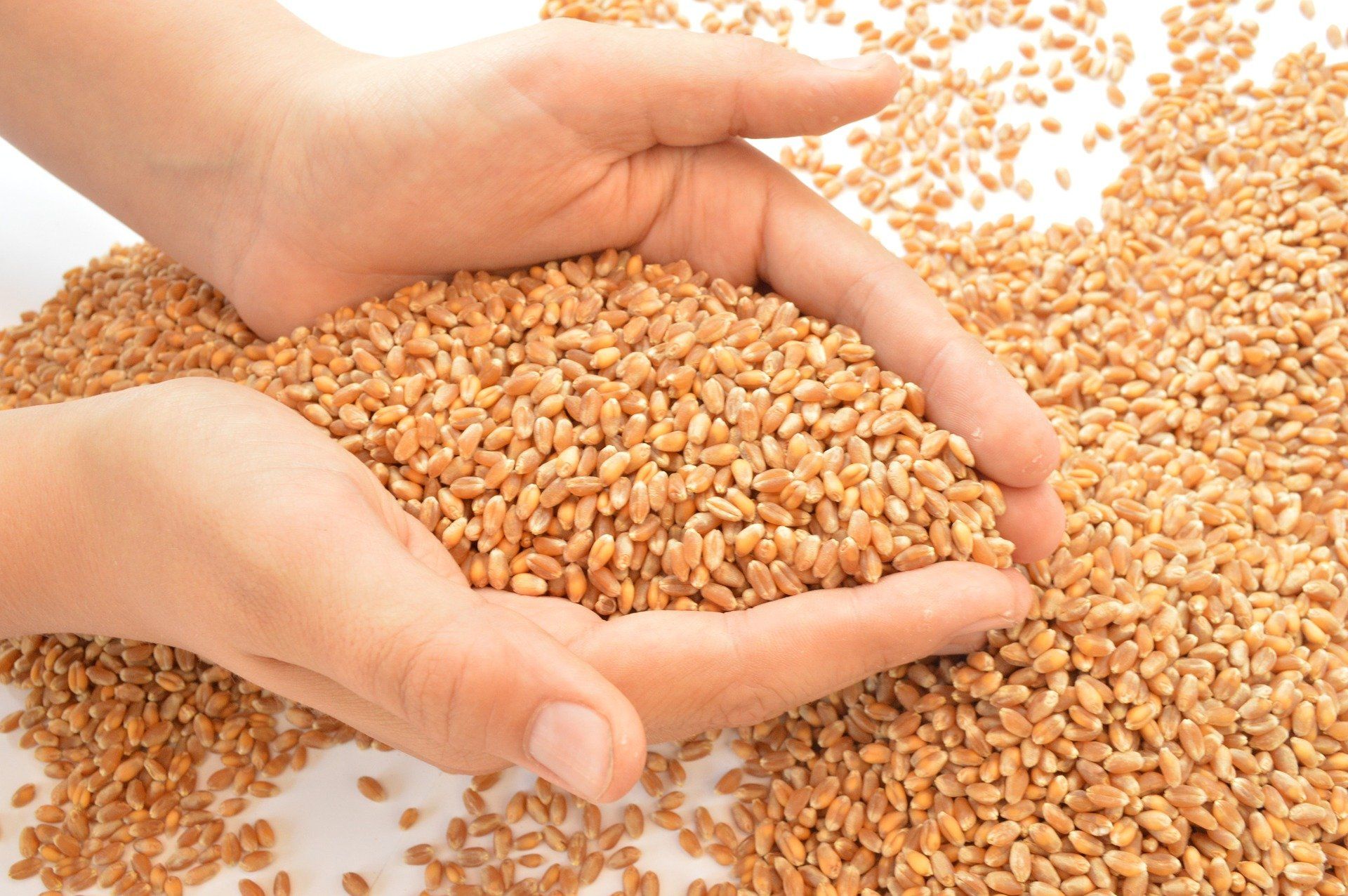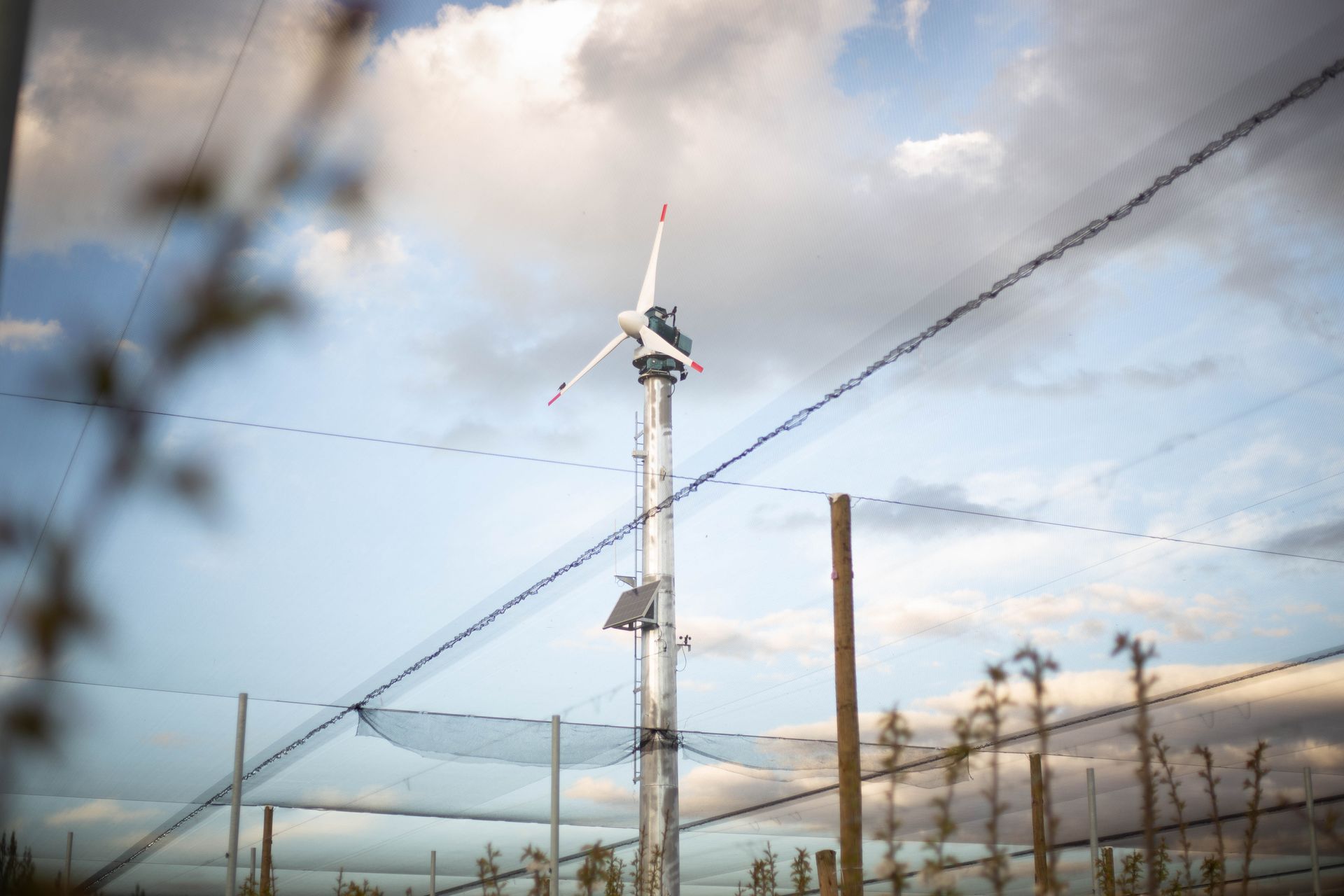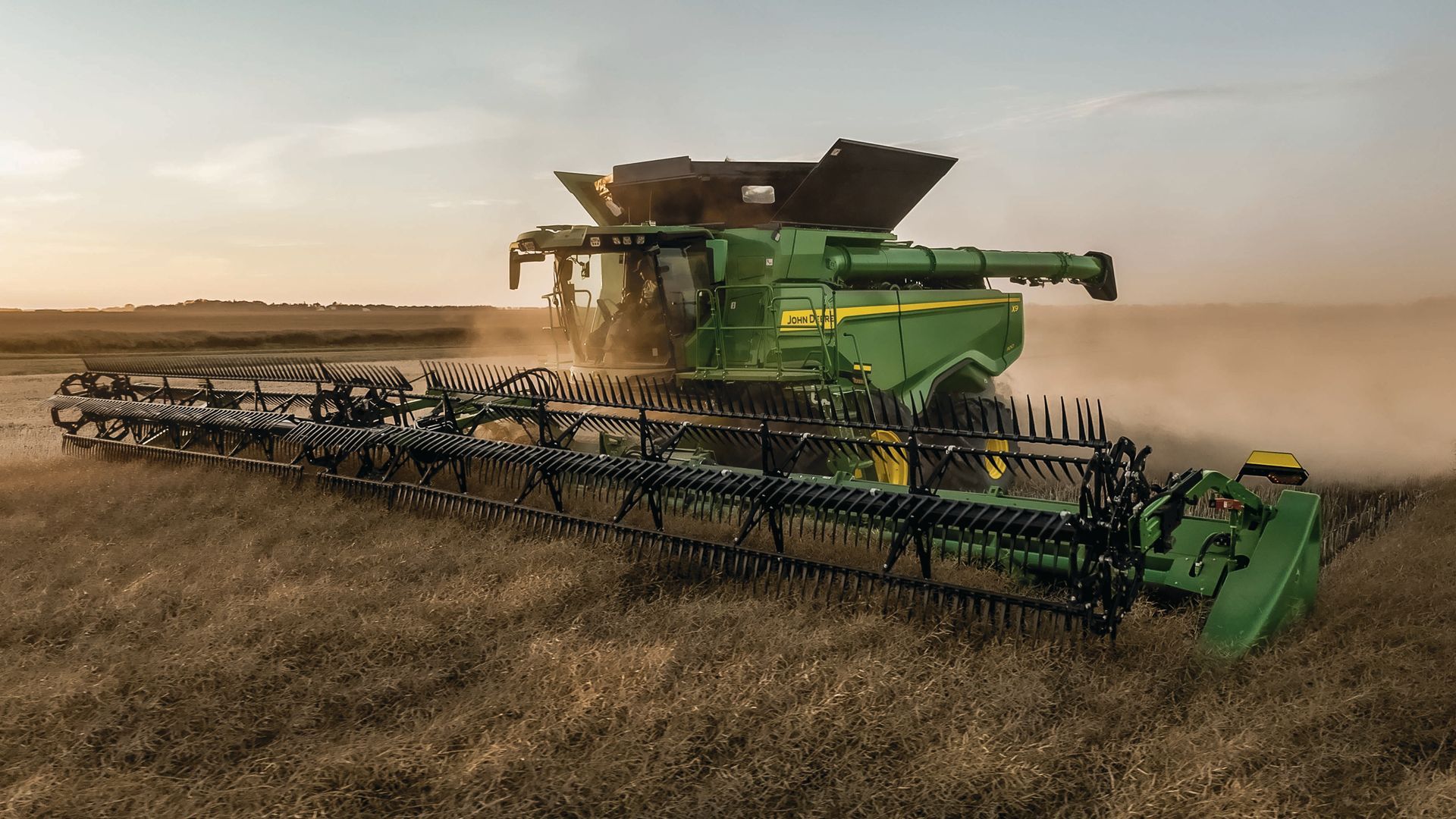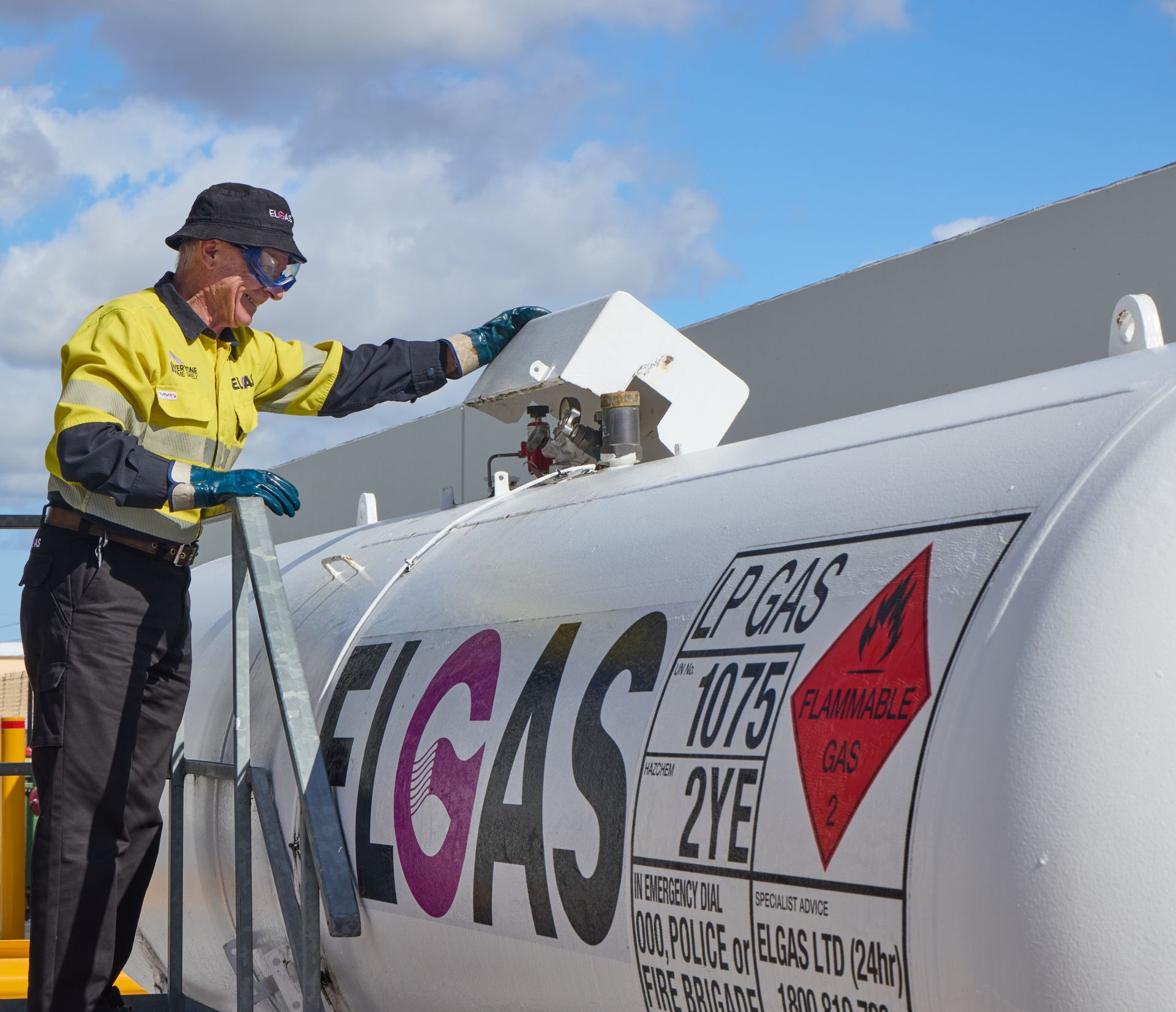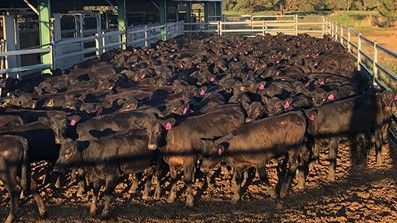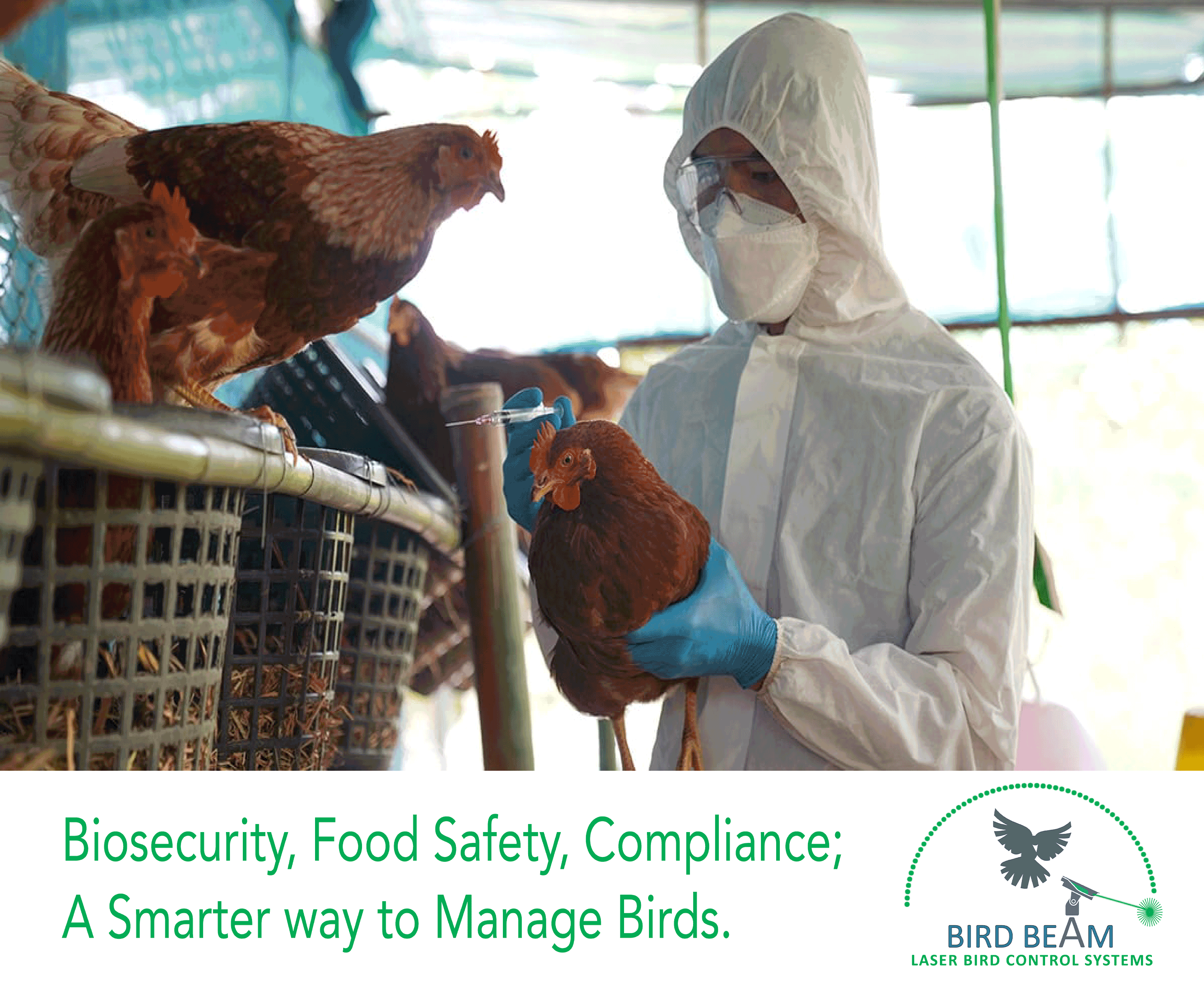1MG FlippingBooks
Bulk grain import permit granted for the first time in over a decade
For the first time since 2007, the Department of Agriculture and Water Resources (DAWR) has issued a permit for an Australian importer to import bulk wheat.
The Manildra Group’s Shoalhaven Starches facility , the largest wheat starch plant of its kind in the world, has been granted a permit to import bulk grain from Canada in order to meet a high-protein wheat supply shortfall. Although the Manildra Group has sourced as much high-protein wheat on the Australian market as is available so far in 2018-19, the worst drought in 116 years has led to the short supply of high protein wheat crucial to its processing facilities.
This marks the first time in the company’s 67-year history that exceptional drought circumstances have forced it to import wheat.
According to research from the Australian Bureau of Agricultural and Resource Economics and Sciences (ABARES) , prolonged drought conditions across eastern Australia have led to extremely low soil moisture levels during 2018-19 and low domestic grain stocks. It has forecasted winter wheat production will decrease by 10 per cent in 2018-19, noting that timely rainfall is critical to ongoing crop development.
The high-protein wheat imported by the Manildra Group will be transformed into value-added products primarily for the export market and allow the Shoalhaven Starches Plant to continue operating.
Despite concerns that the imported grain would pose a biosecurity risk to Australian wheat crops, the permit application was assessed by DAWR to ensure Australia’s strict biosecurity protocols are met. The import conditions require that grain be sourced from areas assessed as posing a low plant and animal biosecurity risk, whilst also imposing strict movement, storage and processing controls within Australia.
The Manildra Group’s shipment of wheat is expected to arrive in Australia in six to eight weeks.
You can keep up to date with government forecasts for the wheat industry here.

